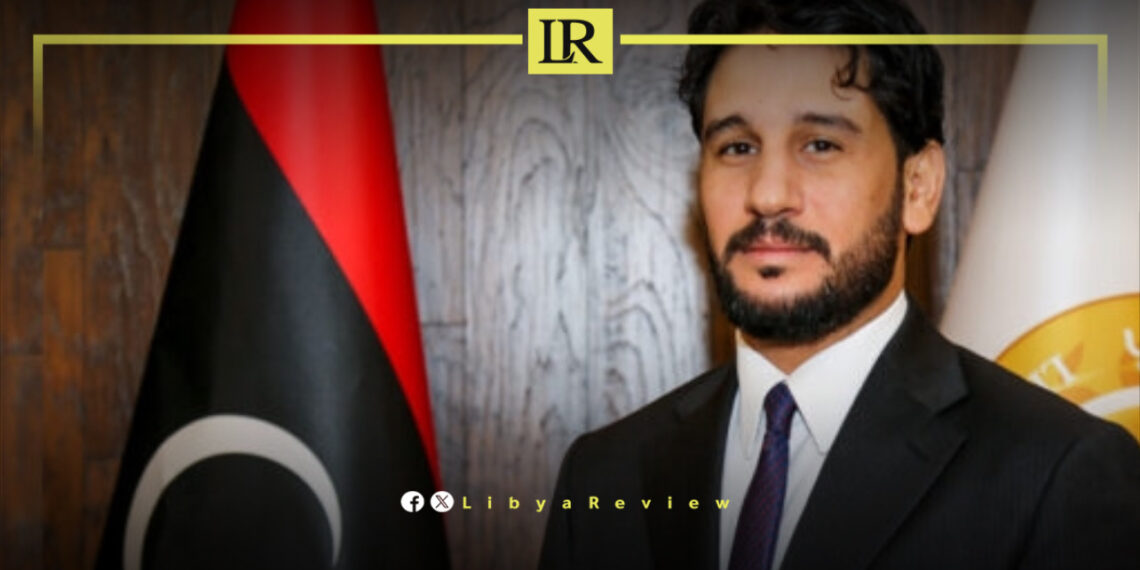On Wednesday, Member of the Libyan Parliament (MP) Misbaha Douma said that foreign interference and unclear international stances are major obstacles preventing the resolution of Libya’s Central Bank crisis and delaying national elections.
In a statement posted on his official X (formerly Twitter) account, Douma criticized the international community for its inconsistent approach to the unification of the Central Bank of Libya and its continued support for an expired government, which he argued is blocking Libya’s progress.
Douma expressed frustration that, despite the 2021 unification of the Central Bank and the adoption of a unified budget, disputes over the institution’s management remain unresolved. He also emphasized that the international community’s backing of the Government of National Unity (GNU), led by Abdul Hamid Dbaiba, whose mandate expired in December 2021, is prolonging the political deadlock and obstructing efforts to organize elections.
The Libyan MP further criticized the Presidential Council, accusing it of making decisions beyond its authority, further complicating the political situation. Douma argued that these actions, combined with external interference, exacerbate the crisis and prevent Libya from moving forward.
Libya has been locked in political and economic turmoil since the 2011 revolution that ousted Muammar Gaddafi. The country remains divided between rival governments in the east and west, each backed by different foreign powers. While the unification of the Central Bank was initially seen as a critical step toward stabilizing the economy, ongoing political divisions have hindered its full functioning.
Delays in holding national elections have added to the crisis. Originally planned for December 2021, elections have been postponed multiple times due to political disagreements and disputes over the electoral framework. The 6+6 Committee, created to draft the laws governing elections, has made some progress, but unresolved issues—particularly around the presidential election—continue to block any real advancement.
Douma’s remarks highlight a broader frustration within Libya over the role foreign powers are playing in prolonging the crisis. External actors, such as Turkey, fueled the conflict, making it more difficult for Libya to achieve a unified solution. Douma argued that these foreign powers are managing Libya’s crisis to suit their own interests, rather than genuinely working toward a resolution.


